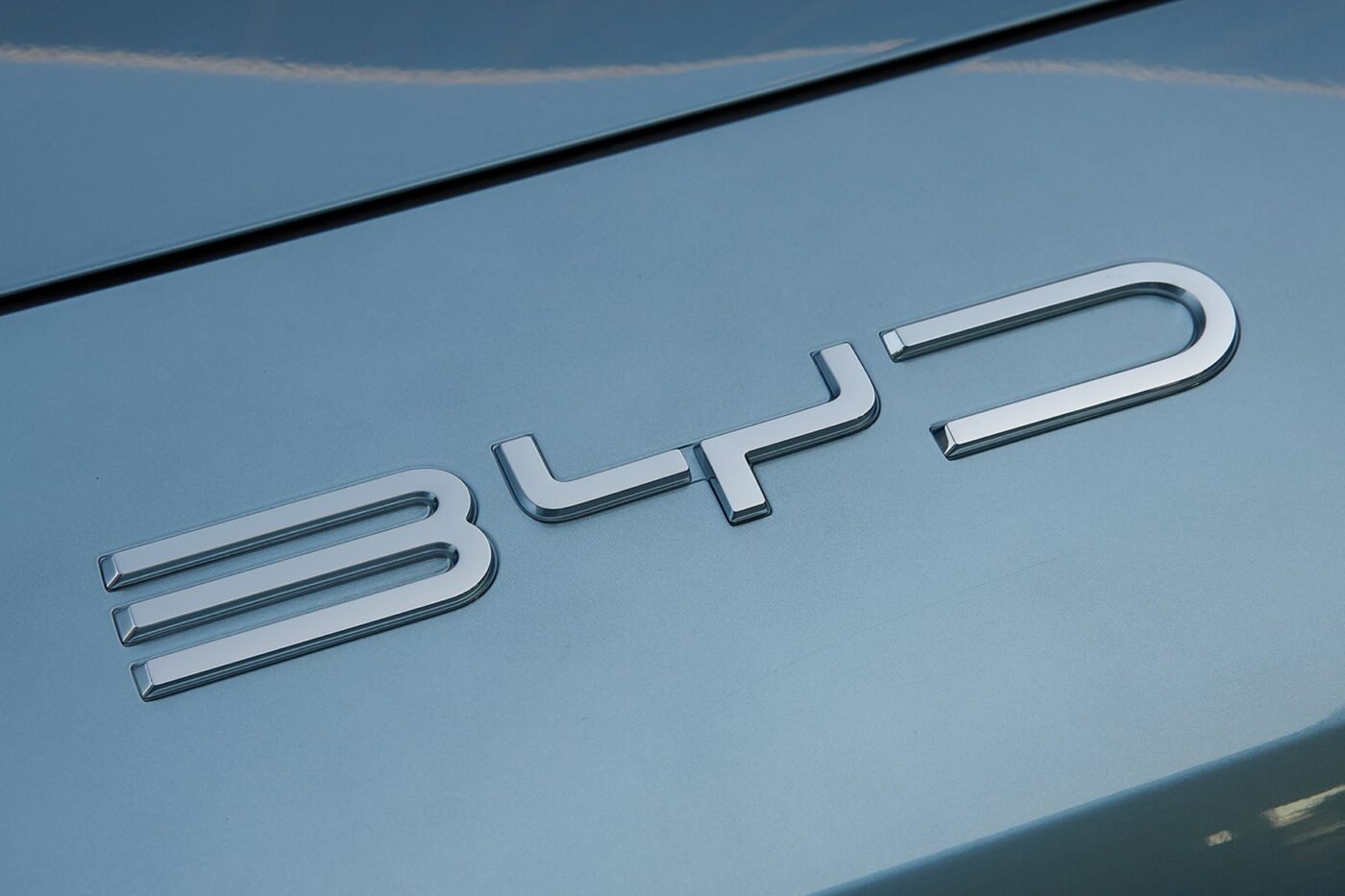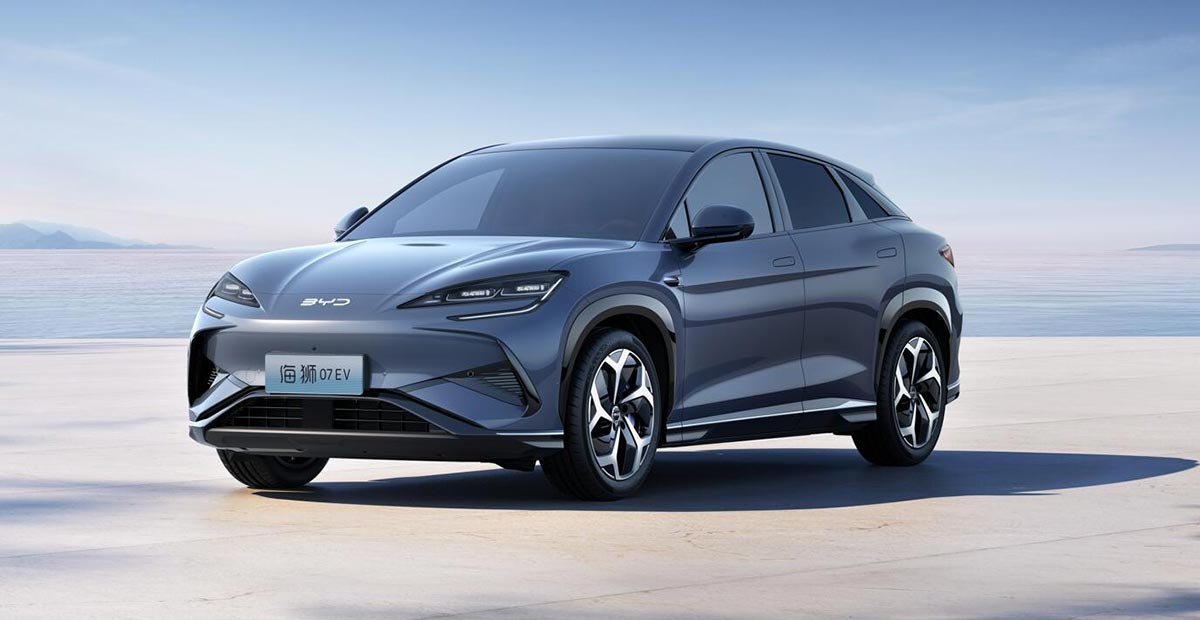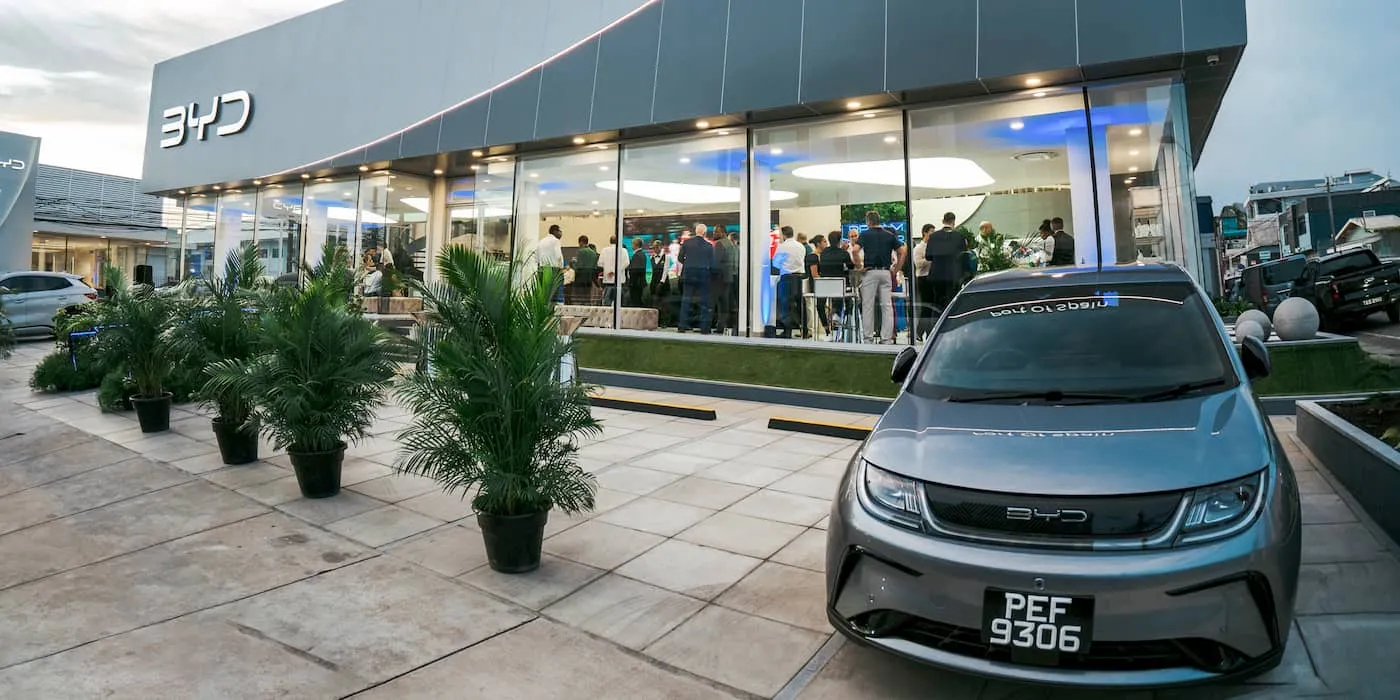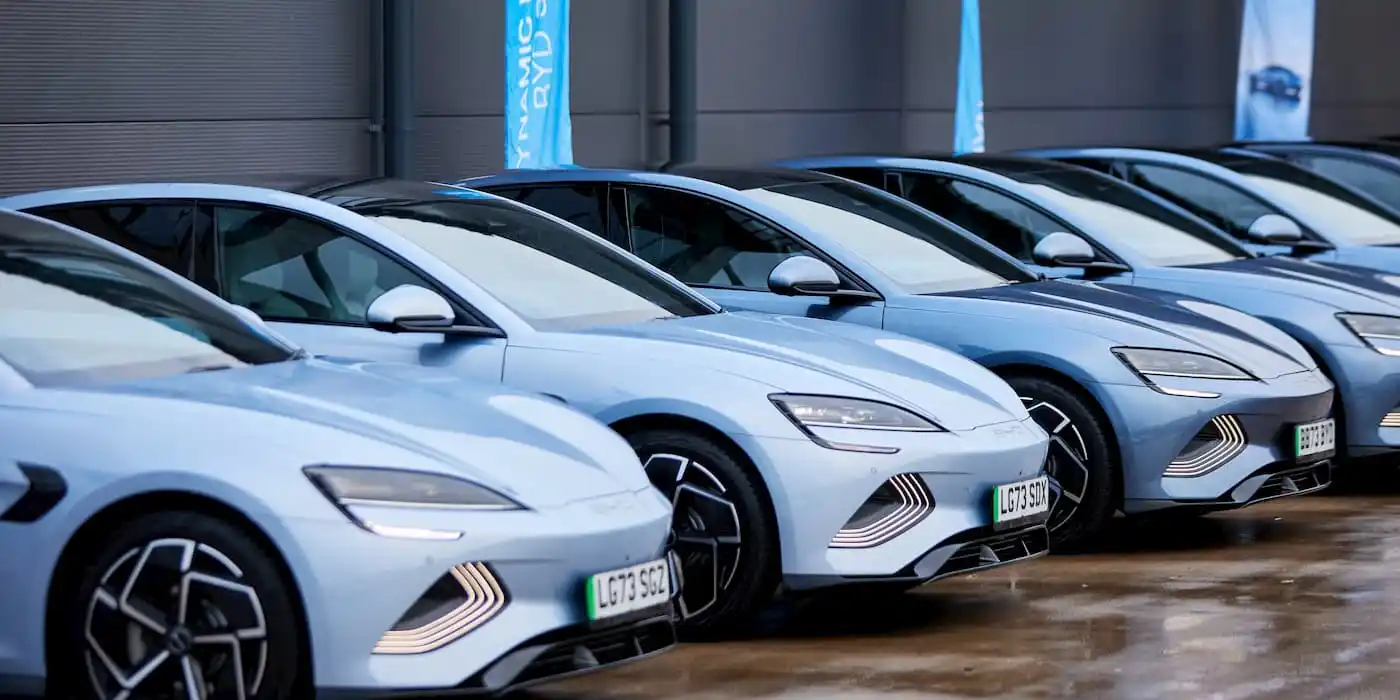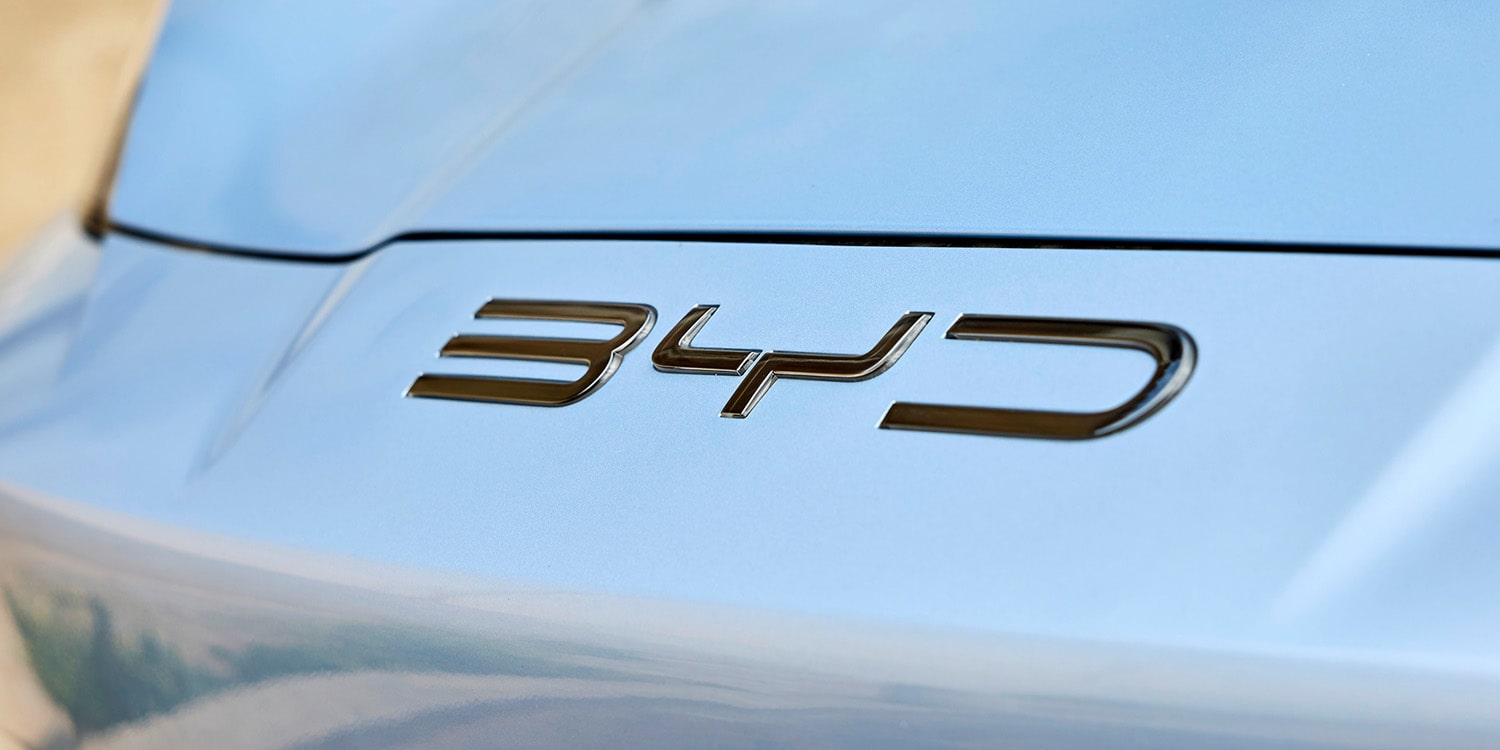China’s electric vehicle (EV) market is booming, with sales surging and job growth accelerating, particularly in the private sector. BYD, China’s EV leader, has seen its workforce expand rapidly, adding nearly 500,000 employees since 2019 and now employing over 700,000 people. This growth has positioned BYD’s workforce roughly double that of Toyota’s, reflecting China’s dominance in the EV market.
According to filings, China’s total workforce reached about 30.57 million employees by the end of 2023, a 13% increase from 2019. Private companies, particularly in the EV industry, accounted for 81% of this growth, adding 2.85 million jobs. China’s EV market is a key driver of this growth, with the country accounting for 60% of all EV and plug-in hybrid electric vehicle (PHEV) sales globally in 2023, as reported by the IEA’s Global Electric Vehicle Outlook 2024.
See also: BYD Expands Presence in Saudi Arabia with Opening of First Showroom

New energy vehicle registrations in China reached 8.1 million in 2023, a 35% year-over-year increase. China also became the world’s largest auto exporter, with over 4 million cars exported last year, including 1.2 million NEVs, an 80% increase from the previous year. The IEA report predicts that one in three cars in China will be electric by 2030.
One of the key factors driving the surge in EV sales in China is the declining prices of electric cars. The IEA estimates that a significant percentage of electric cars sold in China in recent years were cheaper than their internal combustion engine (ICE) equivalents. This trend is expected to continue, with more affordable models being introduced by leading EV makers like BYD.
See also: BYD Unveils Fifth-Generation Plug-In Hybrid Technology with Record-Breaking Efficiency
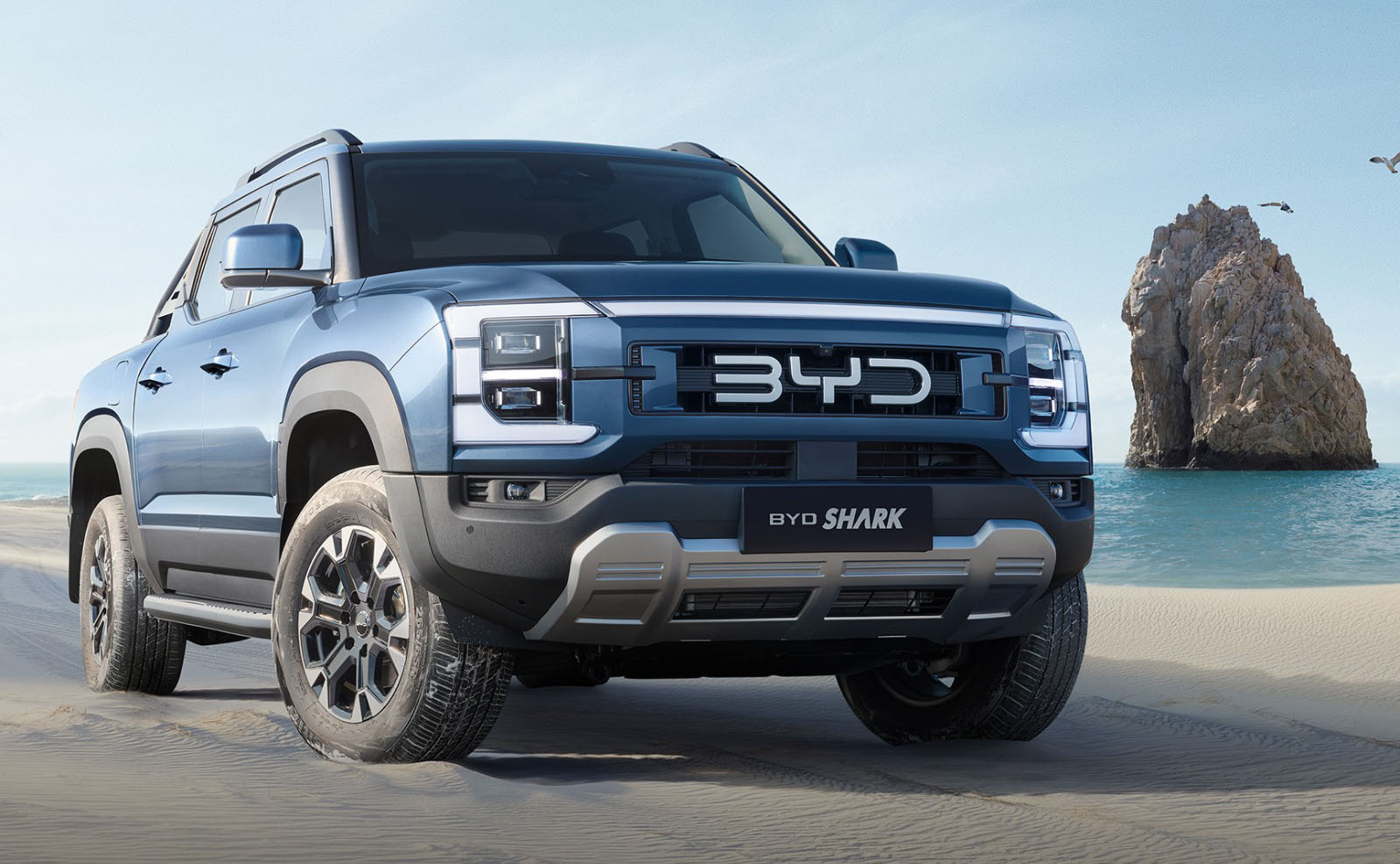
BYD’s recent introduction of lower-priced “Honor” editions of its electric cars, including the Seagull Honor edition starting at just $9,700, has garnered attention ahead of its European debut. Despite talks of a slowdown in the EV market, BYD hit a new year-to-date EV sales record earlier this month, with over 434,500 EVs sold globally through April.
BYD’s expansion is not limited to affordable electric cars. The automaker is venturing into new segments such as luxury, mid-size SUVs, and electric supercars. The recent launch of the Sea Lion 07 electric SUV, starting at $26,250, undercuts Tesla’s Model Y in China. BYD is also set to release a new Seal model to compete with Tesla’s Model 3, expected to debut next month.
See also: BYD Leads Week-Over-Week Surge in EV Sales in China, Sets New Record
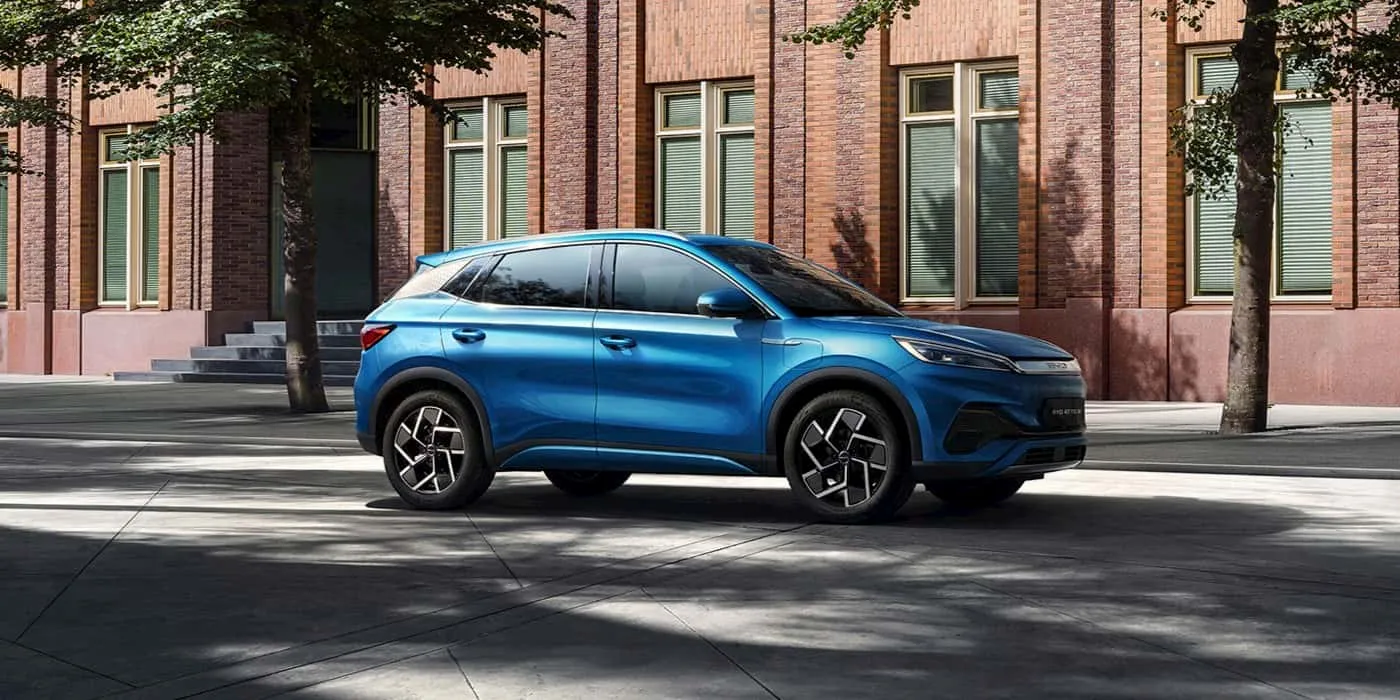
While BYD continues its rapid growth in the EV market, Toyota has announced plans to develop “next-gen” engines, a move seen as backward as the market shifts towards EVs. It will be intriguing to see how BYD’s workforce compares to Toyota’s by the end of the decade as the EV market continues to evolve.

